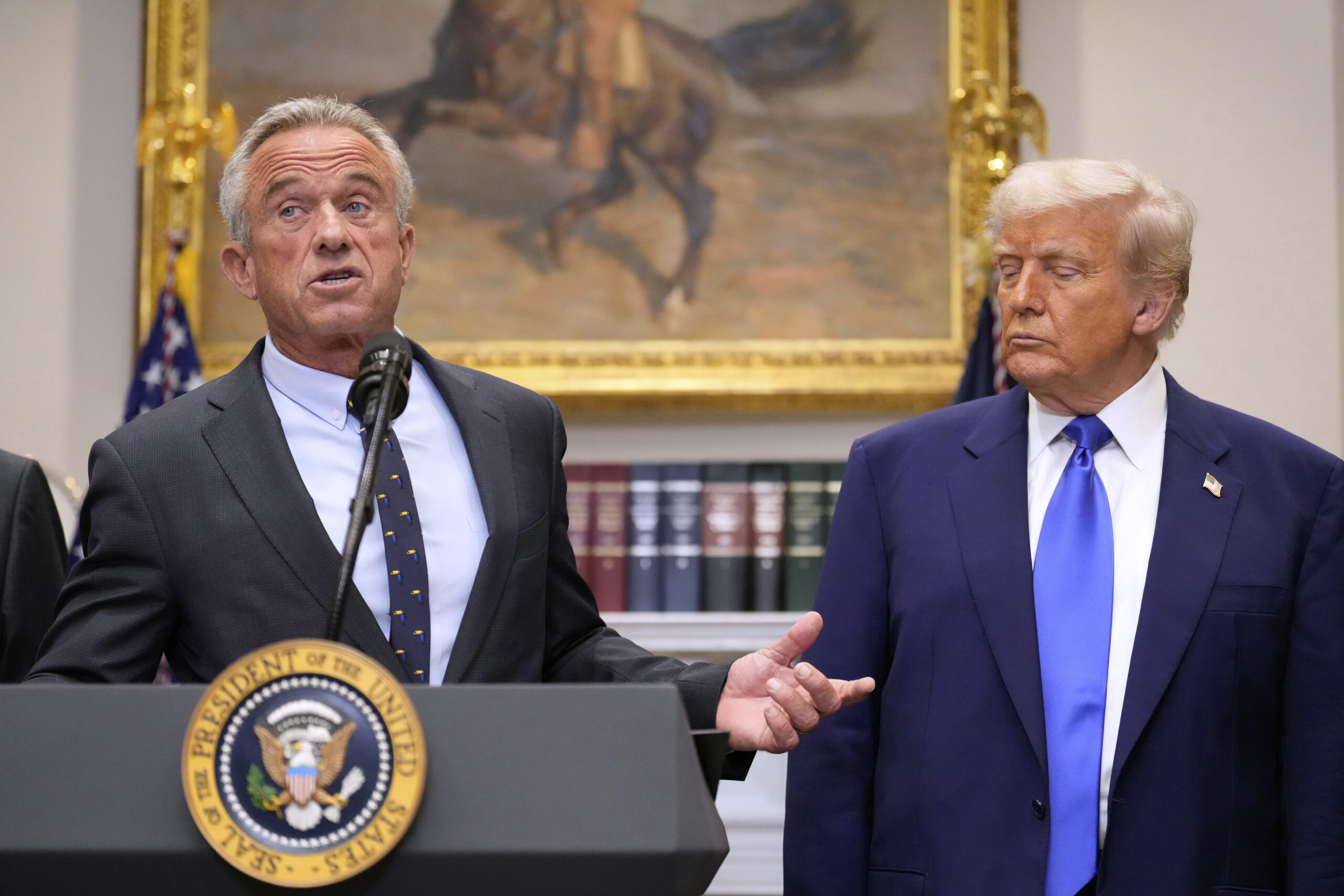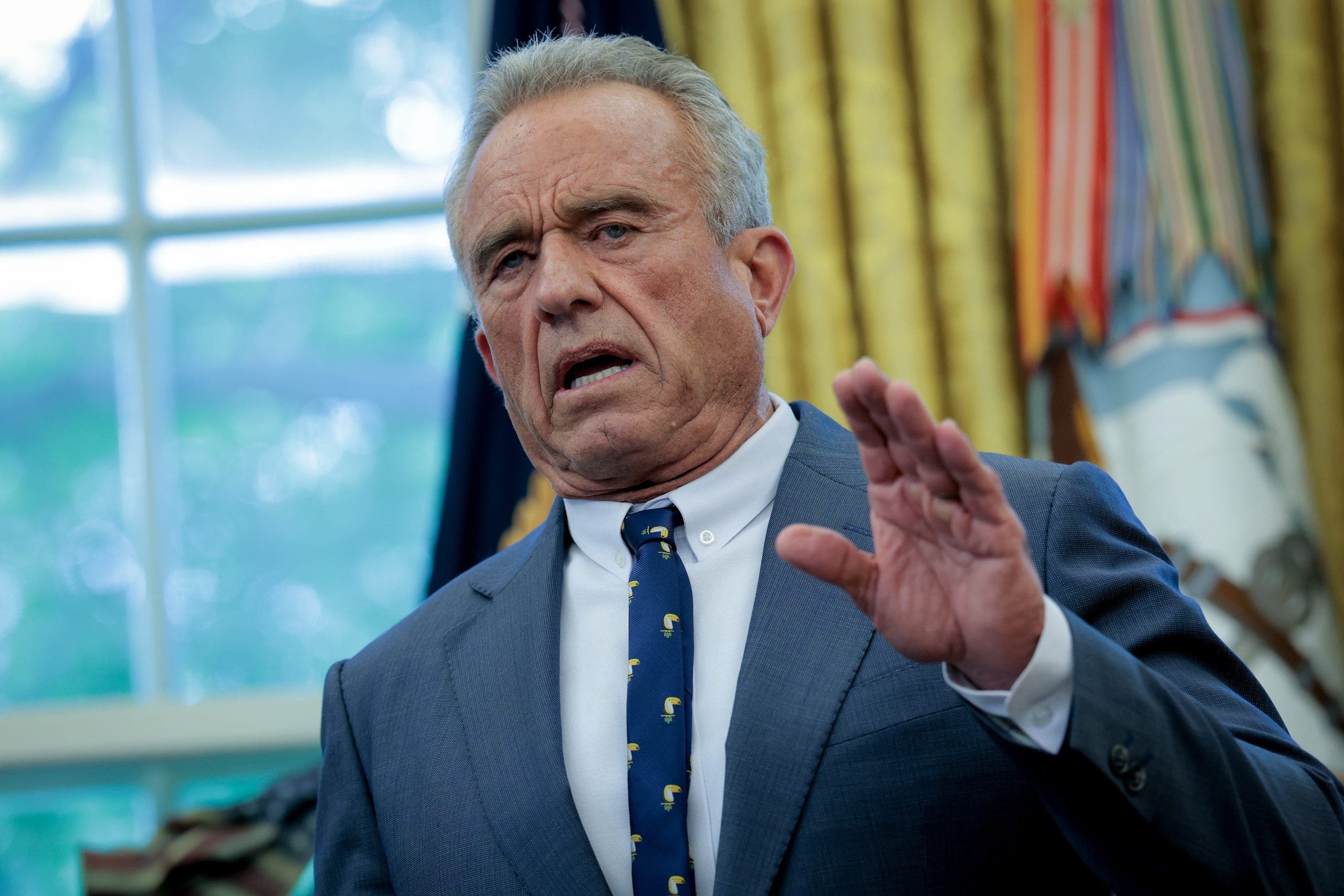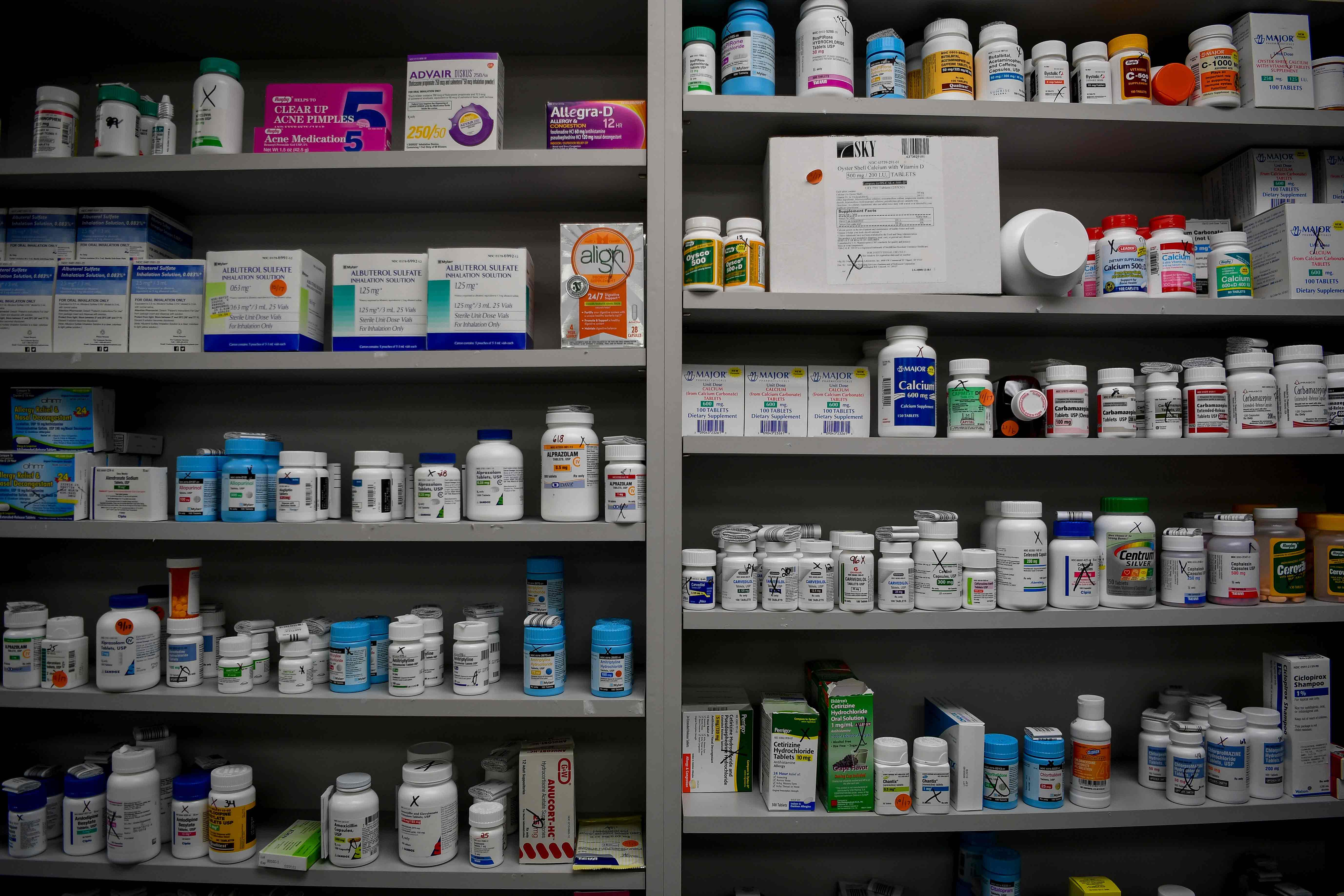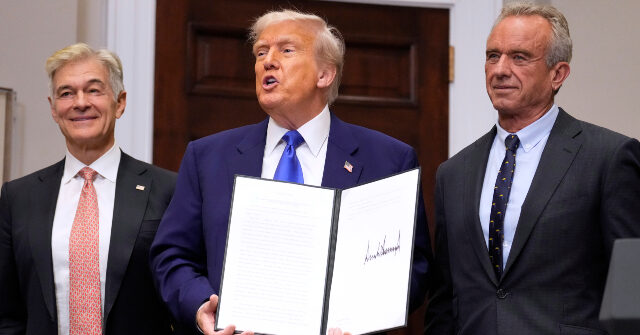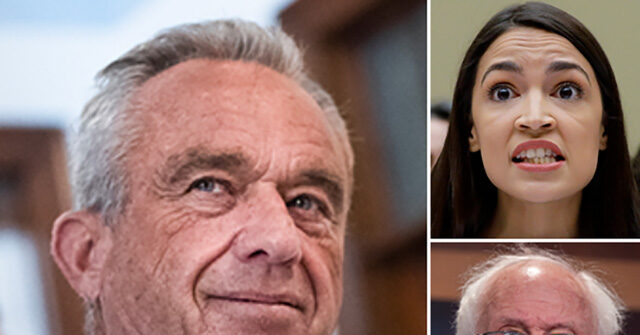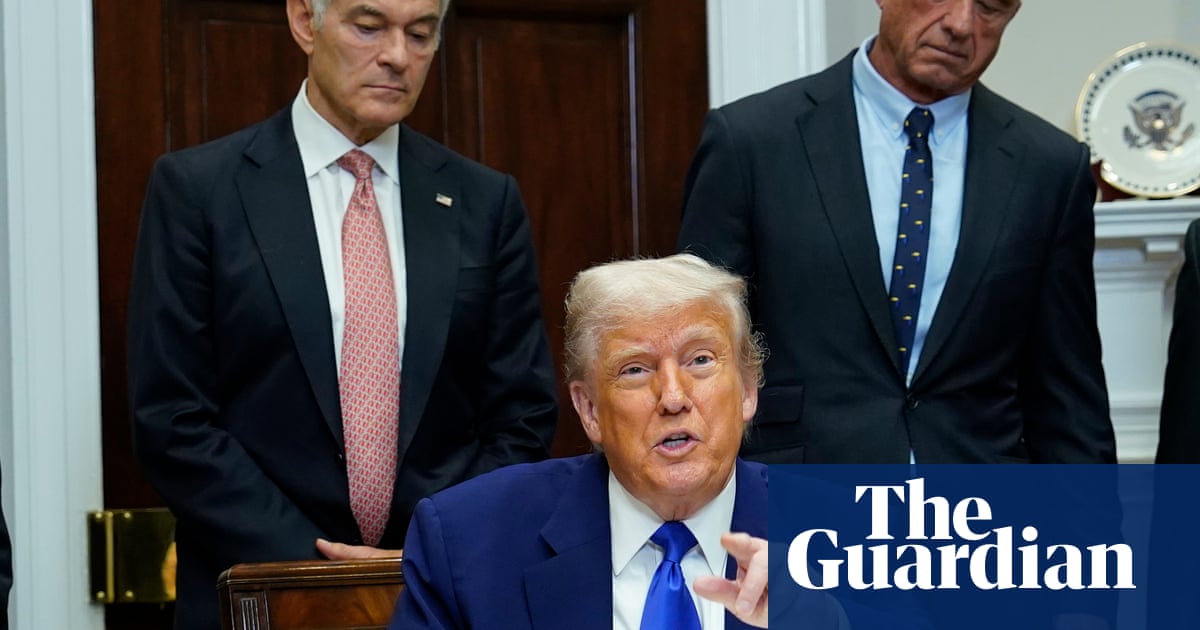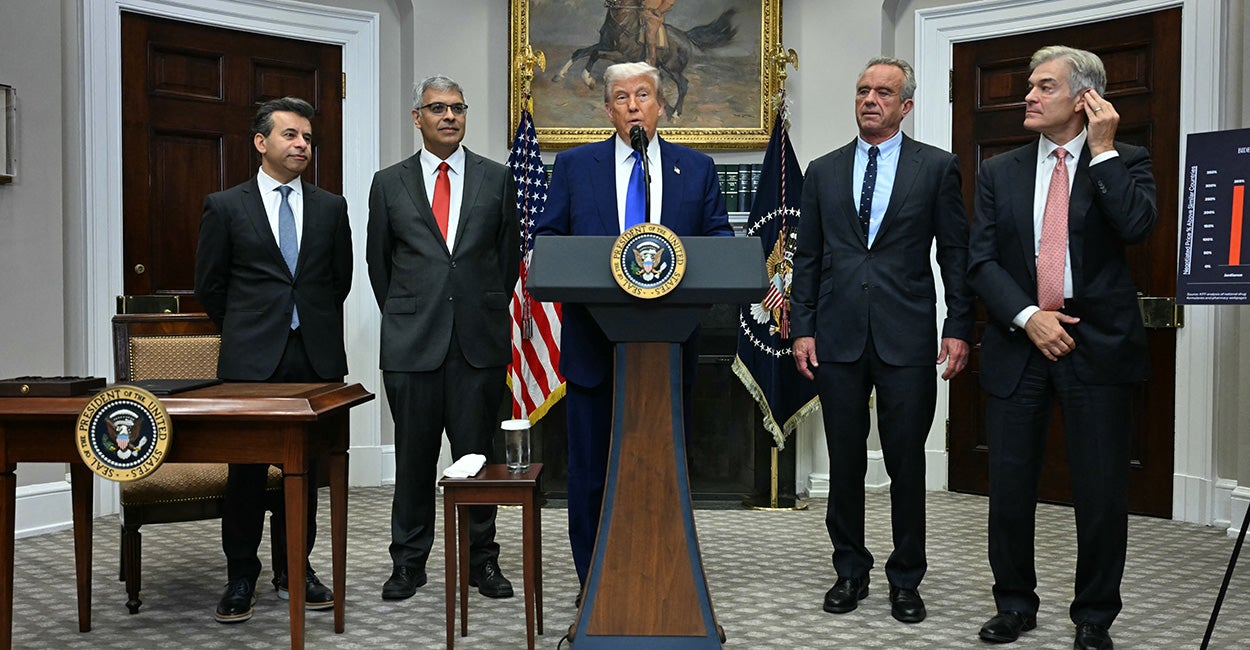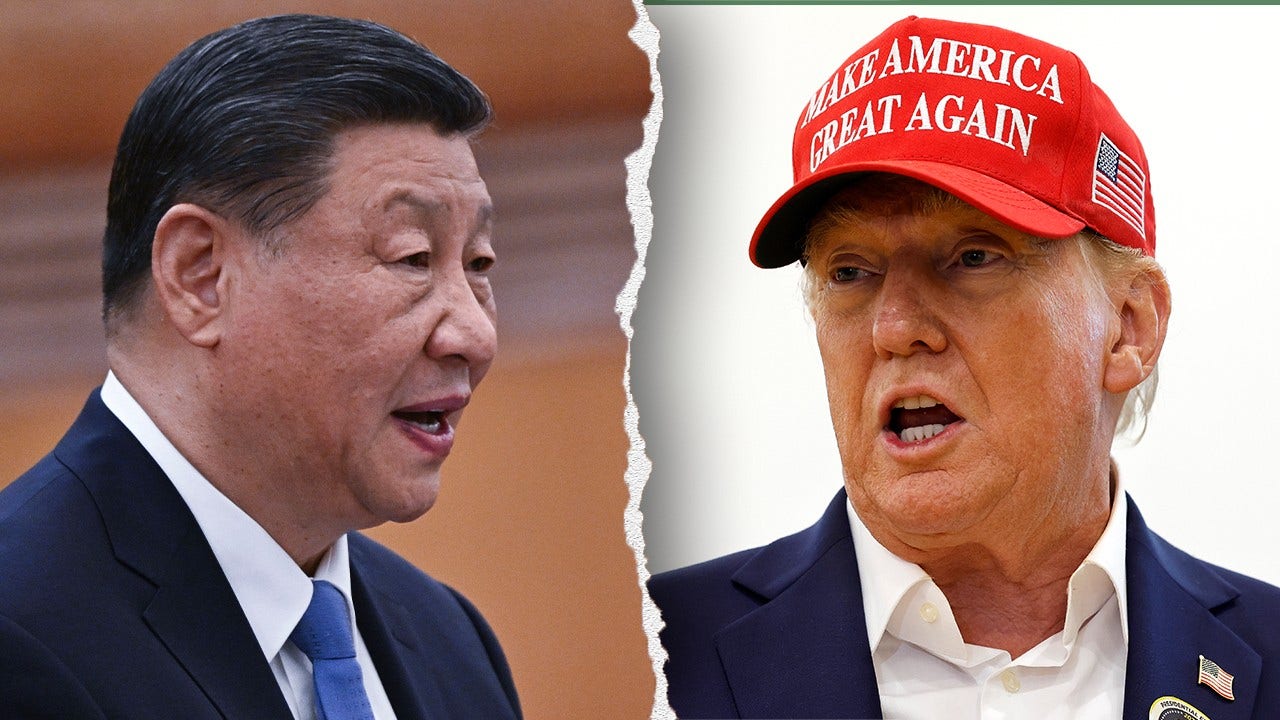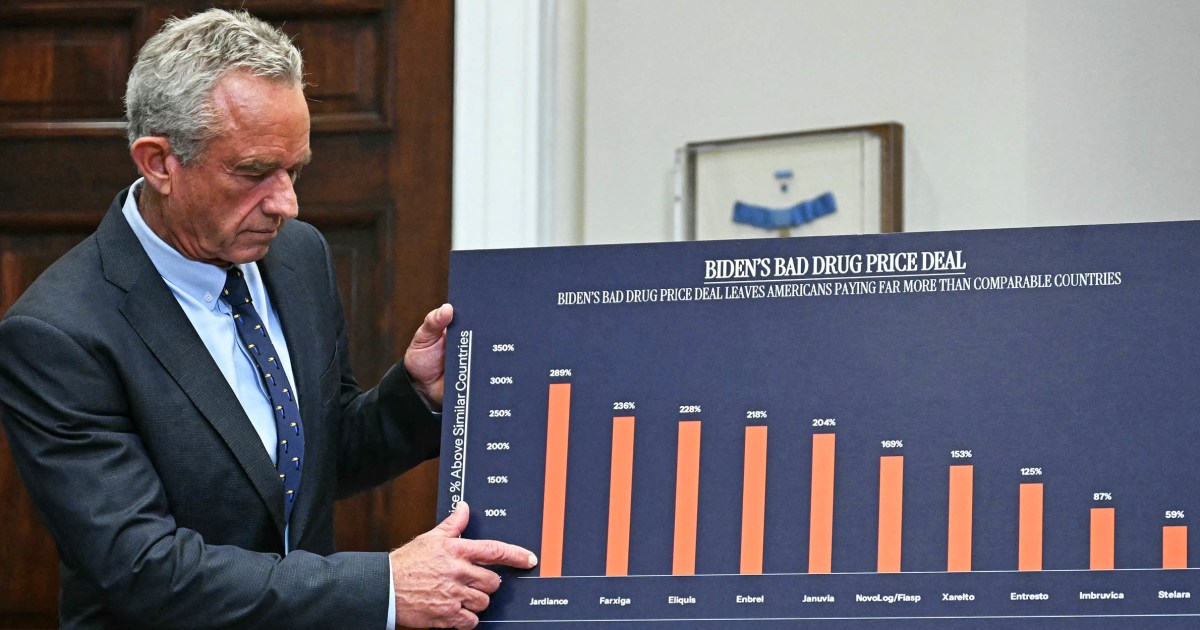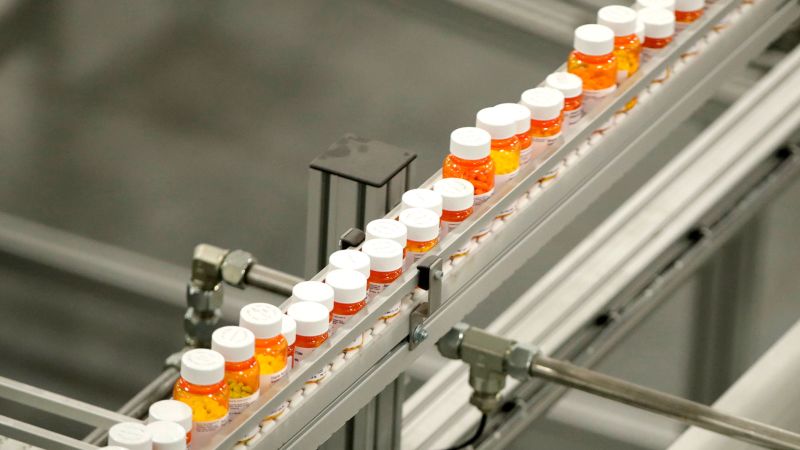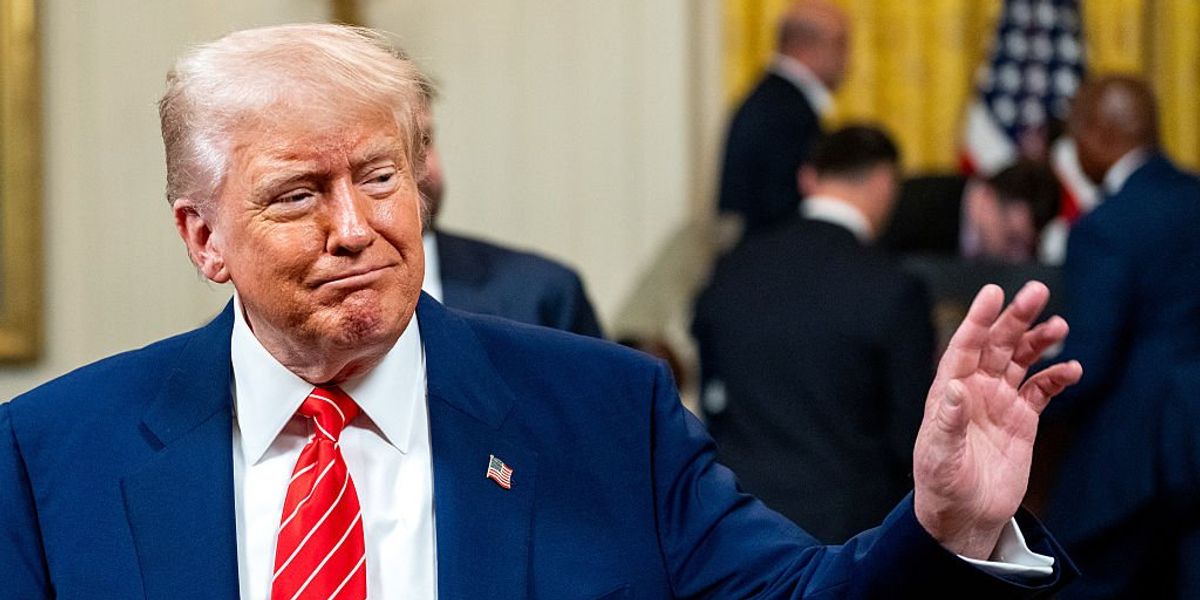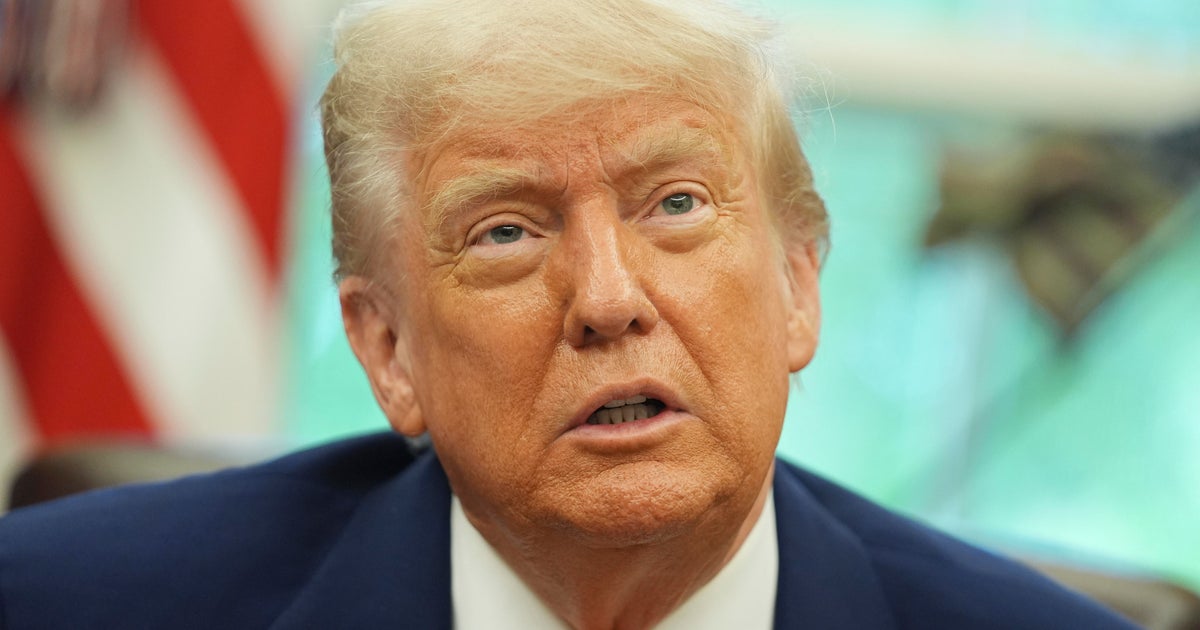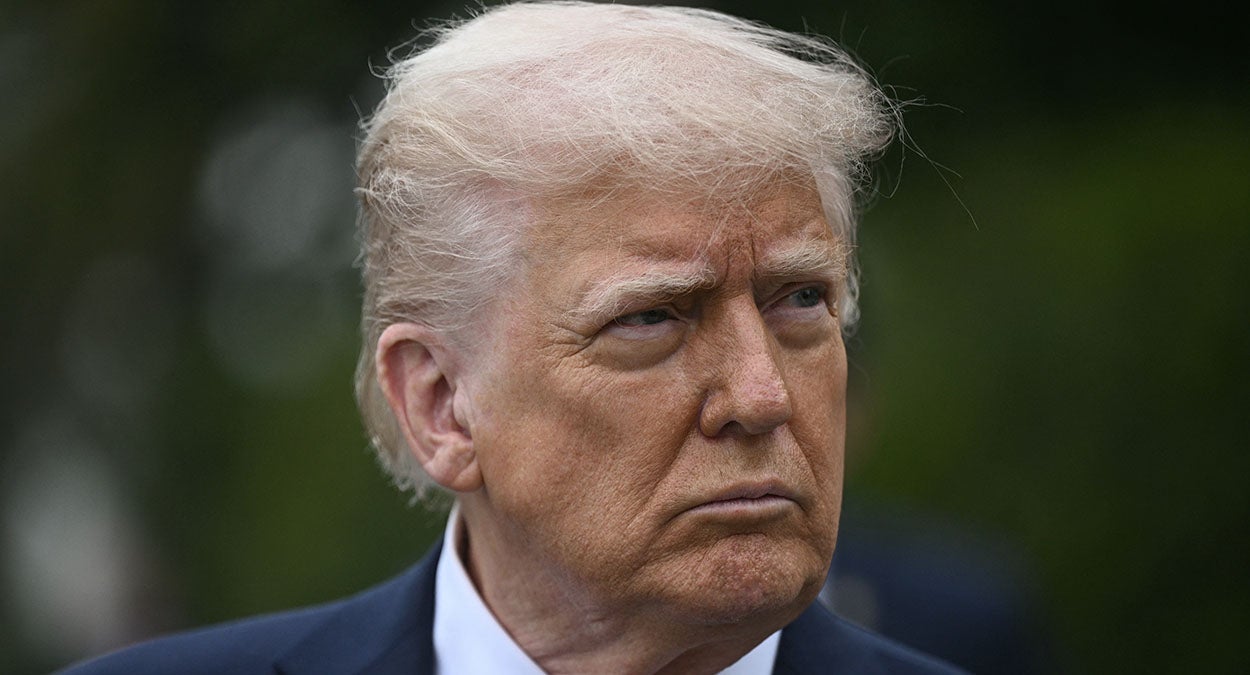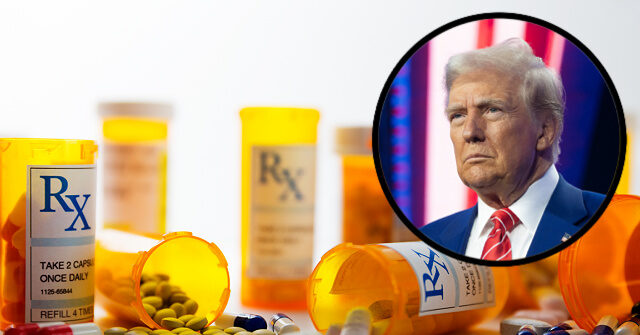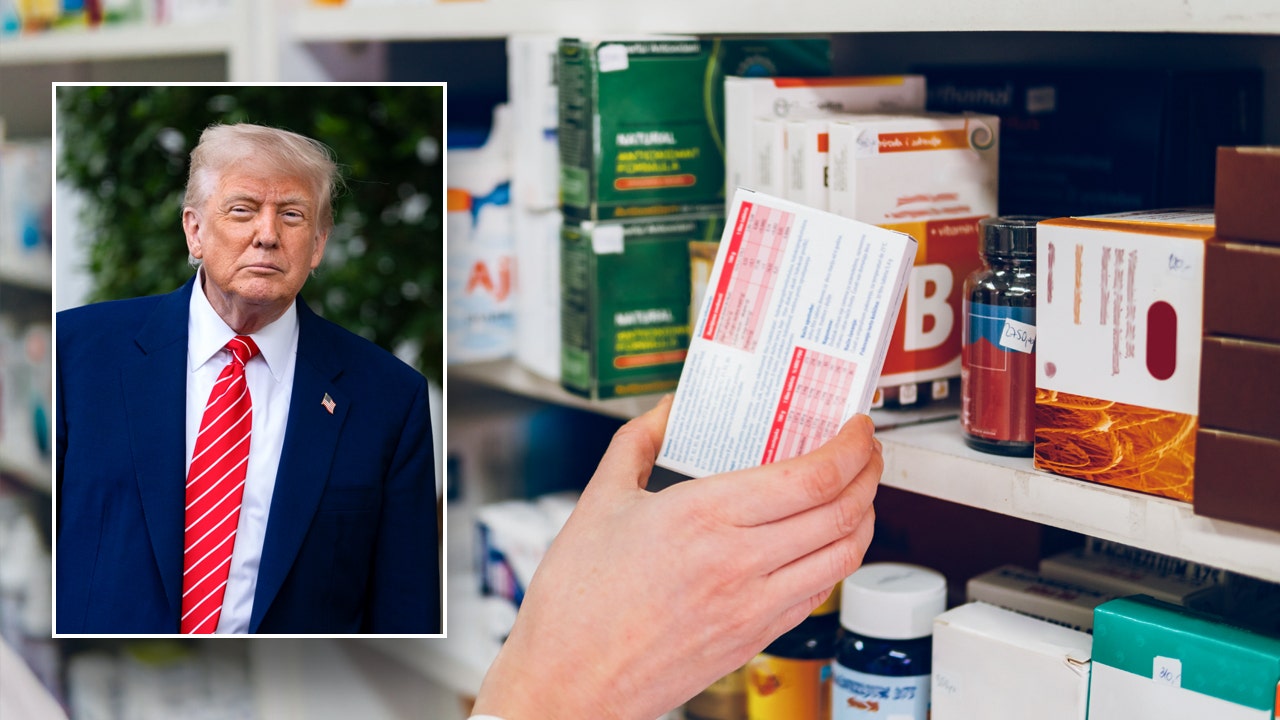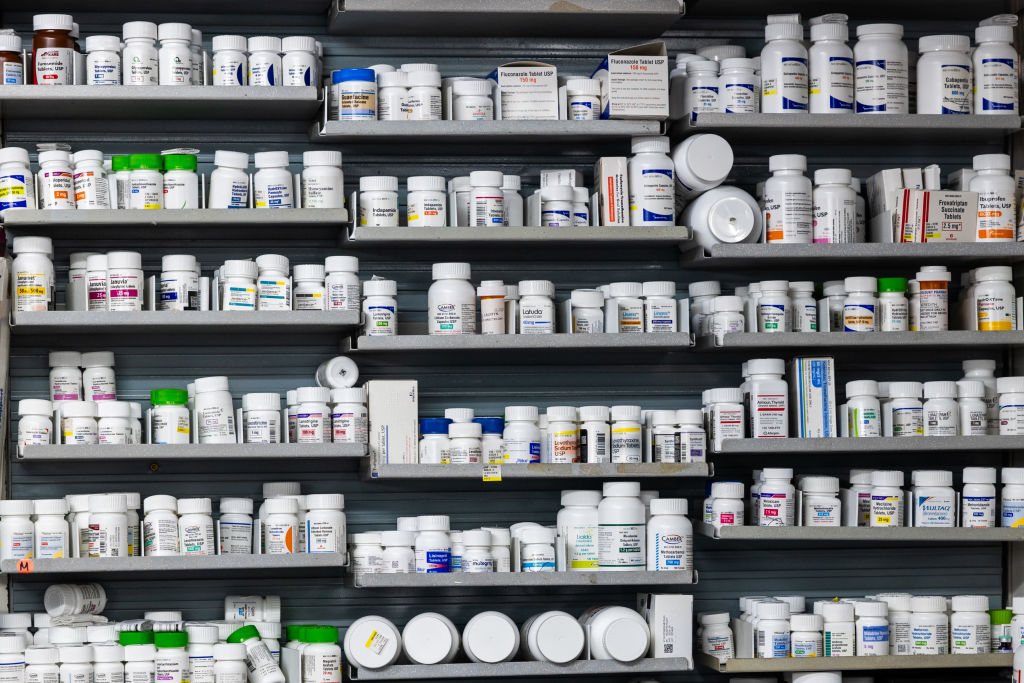Trump Signs Executive Order to Lower Prescription Drug Prices for Americans
President Trump mandates U.S. drug prices align with international rates, aiming for significant reductions amidst industry pushback.
Subscribe to unlock this story
We really don't like cutting you off, but you've reached your monthly limit. At just $5/month, subscriptions are how we keep this project going. Start your free 7-day trial today!
Get StartedHave an account? Sign in
Overview
On May 12, 2025, President Trump signed an executive order requiring U.S. drug prices to match the lowest available worldwide rates, aiming for a 60-90% reduction. Health Secretary Robert F. Kennedy Jr. emphasized that Americans, accounting for 75% of pharmaceutical company revenue, face inflated prices due to foreign price-fixing. The order outlines potential penalties for non-compliance from drug companies, including antitrust actions, if voluntary negotiations fail within 30 days. Critics cite logistical challenges and uncertain timelines for price adjustments, while the administration seeks to bypass middlemen to ensure direct consumer access to fair prices.
Report issue

Read both sides in 5 minutes each day
Analysis
Analysis unavailable for this viewpoint.
Articles (59)
Center (13)
FAQ
The administration plans to propose rules imposing most-favored-nation pricing and take other aggressive measures, including potential antitrust actions, if drug manufacturers fail to offer lower prices within 30 days. The details of these measures remain to be fully outlined.
The administration intends to open negotiations with drug companies next month and pursue formal rule-making if necessary. However, the legal authority to extend these policies to the private insurance market is unclear and may require additional legislative or regulatory actions.
The strategy could lead to reduced revenue for pharmaceutical companies, potentially impacting their ability to invest in research and development. However, the plan also aims to ensure that U.S. companies can negotiate higher prices in other countries, which might offset some losses.
History
- 6M

 4 articles
4 articles
- 6M

 4 articles
4 articles
- 6M

 4 articles
4 articles
- 6M

 4 articles
4 articles
- 6M

 5 articles
5 articles


